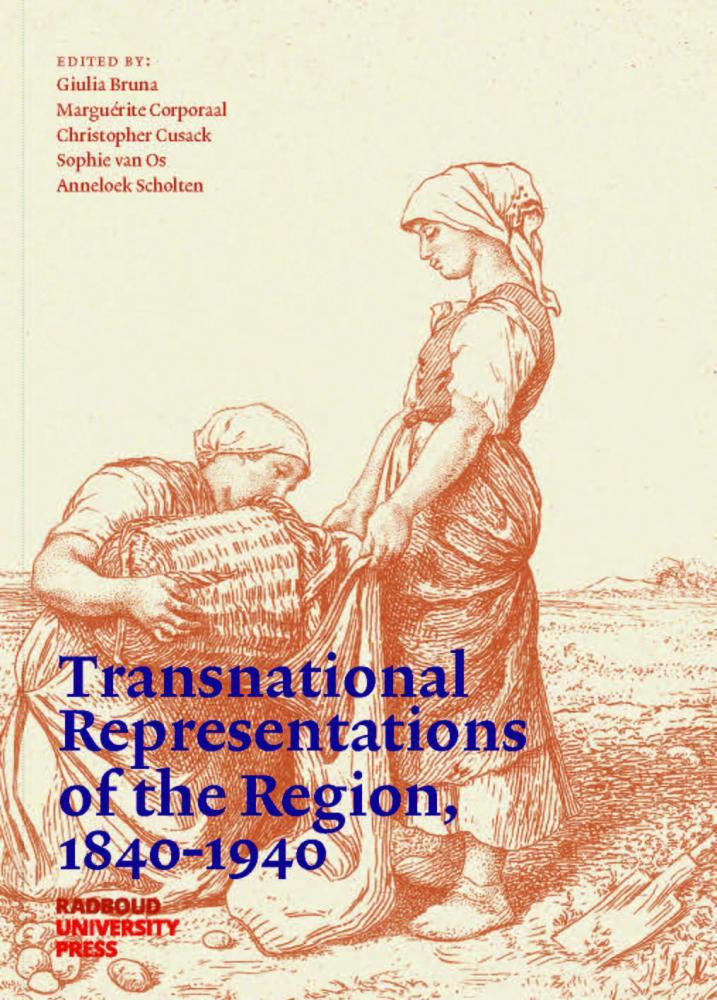Sounding the South: Mapping Musical and Intermedial Imaginaries of Regional Spaces
Synopsis
This chapter explores the cultural construction and transnational perception of the American South, emphasizing music as a pivotal medium in shaping its identity. While the South has been mythologized across literature, film, and visual art, music uniquely transcends regional and national boundaries, fostering cultural contact zones.
Drawing on interdisciplinary perspectives from American Studies, music, and media studies, the research highlights how music evokes emotion, shapes perceptions, and frames the South as a space of tragic nobility and existential depth.
The study critiques the romanticized South, challenging white power structures embedded in its representations. By examining intermedial elements like sheet music and musical theatre, Mehring uncovers the interplay between auditory and visual media in constructing the South’s cultural identity.
The case studies of Stephen Foster and Kurt Weill serve as key examples of how music has shaped both national and international imaginaries of the region. Foster’s compositions, deeply tied to antebellum nostalgia, reflect and perpetuate romanticized notions of the South, while Weill’s work offers a transnational lens, reinterpreting the region’s cultural motifs through European modernist traditions.
Situated within a transnational framework, this inquiry advocates for music as a critical medium in understanding the socio-political and cultural narratives of the American South. It warns against the erasure of historical realities, particularly those tied to slavery, racism, and the struggles of marginalized groups, as socio-cultural contexts of regional music fade into history.
By critically mapping the musical and intermedial imaginaries of the South, the research interrogates the gap between historical realities and idealized narratives. The case studies of Foster and Weill illustrate music’s capacity to both challenge and reinforce these narratives, highlighting its role in “sounding the South” as a powerful force for shaping cultural perceptions across time and borders.
Downloads
Pages
Published
Series
Categories
License

This work is licensed under a Creative Commons Attribution-NonCommercial-NoDerivatives 4.0 International License.


